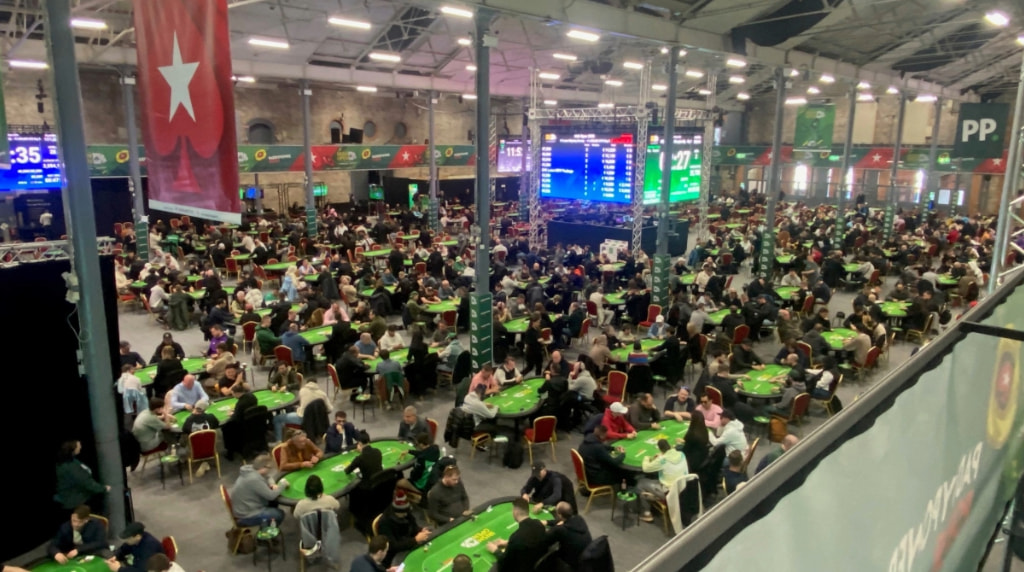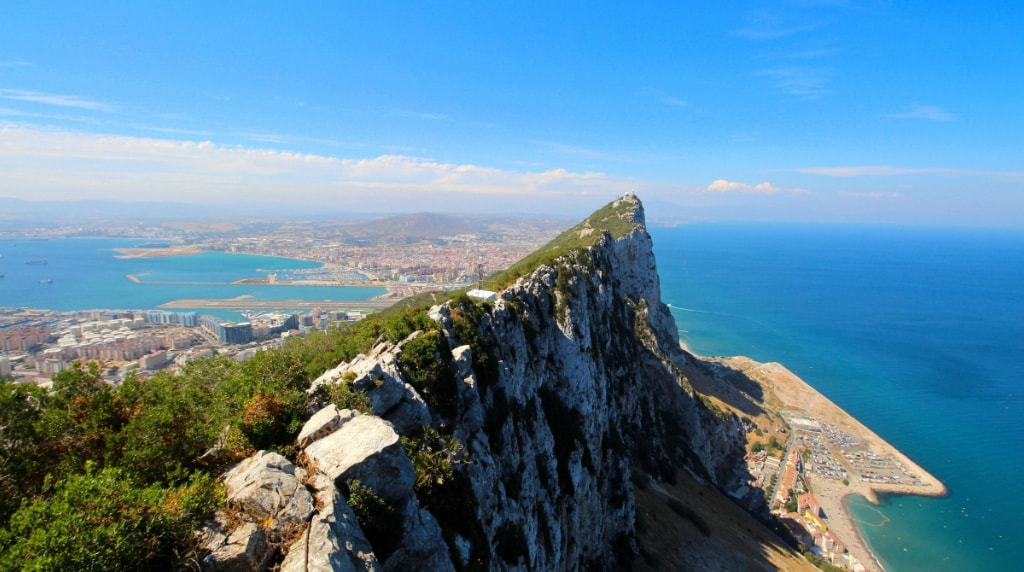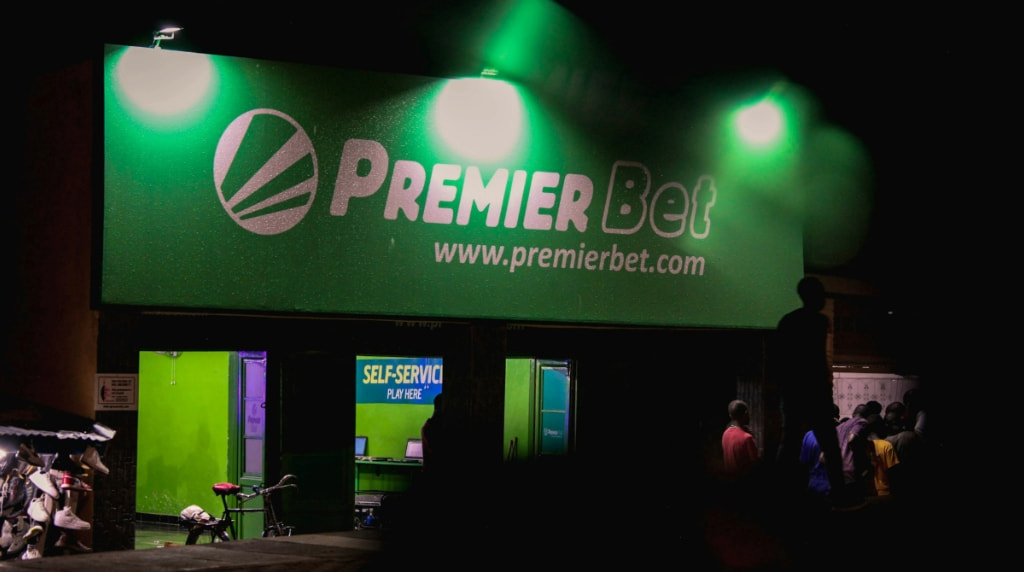Irish Gambling Industry Reacts to New Bill
On 16 October, Ireland’s lower parliament passed a very important piece of gambling legislation. This was the country’s first gambling regulation laws update since 1956. Known as the Gambling Regulation Bill, it aims to modernise Ireland’s gambling practices and introduce measures to protect players both online and offline.
The Basics of the Bill
The Gambling Regulation Bill has several key policies and proposals that should have an ongoing, positive effect on gambling in Ireland. Perhaps the most important of these is forming a regulator, the Gambling Regulatory Authority of Ireland.
Also known as the GRAI, the organisation will hand out licences to operators of real-world gambling venues and websites that offer real money gambling services. All operators wishing to continue offering their services must apply for a licence.
Once an operator has been approved for a licence, they must keep meeting the GRAI’s requirements, including not advertising gambling services between 5:30 am and 9 pm. This is to reduce young and vulnerable people’s exposure to gambling.
Also included in the bill is the formation of a national self-exclusion register. This should make it easier for those who have self-excluded from a gambling site to be rejected from all other websites offering gambling services.
To further help those with gambling problems, all licence holders will be required to make contributions to the Social Impact Fund. Money from this will go towards various projects to promote responsible gambling and help problem gamblers.
Points of Concern
While the bill is intended to help people negatively affected by gambling and prevent future problems, it hasn’t gone down well with everyone. Some are concerned it was created with too little input from industry veterans.
Others are worried that certain parts of the new legislation could actually have a negative impact by encouraging people to access illegal gambling services instead of legal ones. This could facilitate the growth of the black market.
Limits on stakes and wins, for example, have been noted as potential issues that could do more harm than good. These would be a €10 maximum stake and a €3,000 maximum win.
Flutter, the company that owns Paddy Power, has expressed concerns about the impact of these limits and how they could encourage people to gamble at illegal, unlicensed sites.
As for the daytime advertising ban, it could have a profound effect on horse racing. A lack of advertising could result in challenges for the RacingTV channel, which relies on adverts to generate revenue.
Making Adjustments
JJ Woods, a gaming and casino consultant, has spoken at length about the bill, its history, what it includes and how it could affect gambling in Ireland. He’s worried that the new regulator could look upon gambling unfavourably.
This is because, according to Woods, gambling doesn’t have the best of reputations in Ireland. Furthermore, there’s not much interest in the industry from politicians. Only around six were present to see the bill get passed.
He thinks that while the bill has people’s best intentions in mind, it would be great if people would focus on the positive side of gambling. Doing so could be good for both operators and consumers.
There’s also the fact that the bill passed through all 11 stages in just 17 months, which is very quick indeed. This is most likely the case because of the upcoming election.
The government wanted to get the bill passed so it would be one less thing to deal with in the run-up to the election. However, the bill’s policies probably won’t come into effect until some point in 2025.
Where Things Go From Here
Ireland’s gambling industry is in a great position and could have a promising future. Though some parts of the bill have caused concern, others have been met with approval by various people in the sector.
For example, GRIA will be funded by levies on gambling companies and not the taxpayer. Another positive point is operators facing penalties for not complying with licence terms.
So long as the government works closely with people in the industry, it can adjust certain points in the bill that aren’t effective enough or would be too damaging.
Ireland can look to other countries and see how they’ve been affected by gambling regulations. Many other nations have long had modern regulations in place, so Ireland can learn from them and see what works and what doesn’t.




